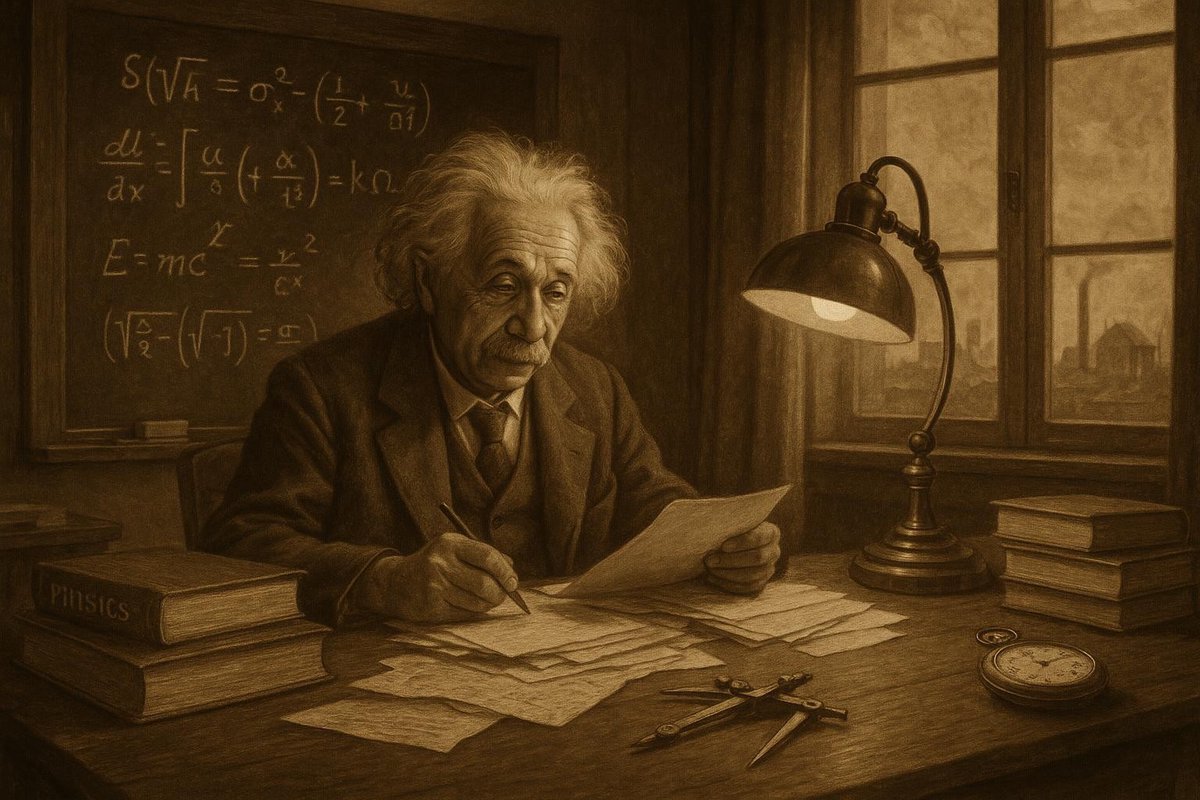
At the dawn of the 20th century, a seismic shift occurred in the scientific world. Albert Einstein’s Theory of Relativity transformed our understanding of time, space, and energy. But why did this discovery matter so much? By exploring the historical setting in which it emerged and comparing it with what other civilizations were doing, we can better appreciate its profound impact.
The Intellectual Landscape of the Early 20th Century
Interestingly, the early 1900s were a time of vibrant intellectual activity across the globe. Many scientists believed they were on the cusp of understanding the universe’s fundamental laws.
- Einstein’s work in 1905, often called the Annus Mirabilis, introduced groundbreaking ideas that challenged classical physics.
- At the same time, Max Planck was developing quantum theory in Germany, laying the groundwork for modern physics.
- Meanwhile, in Britain, the scientific community was focused on exploring electromagnetic theory.
Of course, these intellectual pursuits were influenced by the technological advancements of the Industrial Revolution. Railroads, electricity, and telecommunication were reshaping society, prompting deeper inquiries into the underlying principles of the physical world.
Contrasting Global Civilizations
No wonder the Theory of Relativity stood out when compared to global advancements. While Western Europe was delving into theoretical physics, other regions focused on different priorities.
- In the United States, industrial growth and innovation were paramount, with the Wright brothers’ first flight marking technological progress.
- In the Ottoman Empire, reforms aimed at modernization were underway, striving to catch up with Western technological achievements.
- In Asia, Japan was rapidly industrializing, having embraced Western technology and education systems.
These varied focuses underscore how different civilizations were at diverse stages of development, each contributing uniquely to humanity’s collective progress.
The Impact on Scientific Thought
Many people believe that Einstein’s Theory of Relativity not only altered physics but also changed how we perceive reality itself.
- The theory introduced the concept of spacetime, merging the dimensions of space and time into a single entity.
- It paved the way for the development of technologies such as GPS, which relies on relativistic calculations.
- Moreover, it challenged and refined the philosophical underpinnings of science, encouraging a shift from deterministic to probabilistic models.
This intellectual revolution prompted a reevaluation of fundamental concepts in science, philosophy, and even art, influencing movements such as Cubism, which broke traditional perspectives.
The Legacy of Relativity
As time goes on, the legacy of the Theory of Relativity continues to evolve. Its implications reach far beyond physics, affecting diverse fields.
- The theory has inspired countless scientific explorations, from black holes to the Big Bang theory.
- It has become a cultural symbol of human curiosity and the quest for knowledge.
- Moreover, it serves as a reminder of the importance of challenging established norms and thinking outside the box.
In a world that constantly changes, Einstein’s work remains a beacon of intellectual pursuit, demonstrating the power of scientific inquiry to transform our understanding of the universe.
Fuel Someone Else’s Curiosity
Inspired by the incredible journey of the Theory of Relativity? Share this article with friends and family to spark conversations about the fascinating interplay between science, history, and culture. Let’s keep the flame of curiosity alive!

Leave a Reply